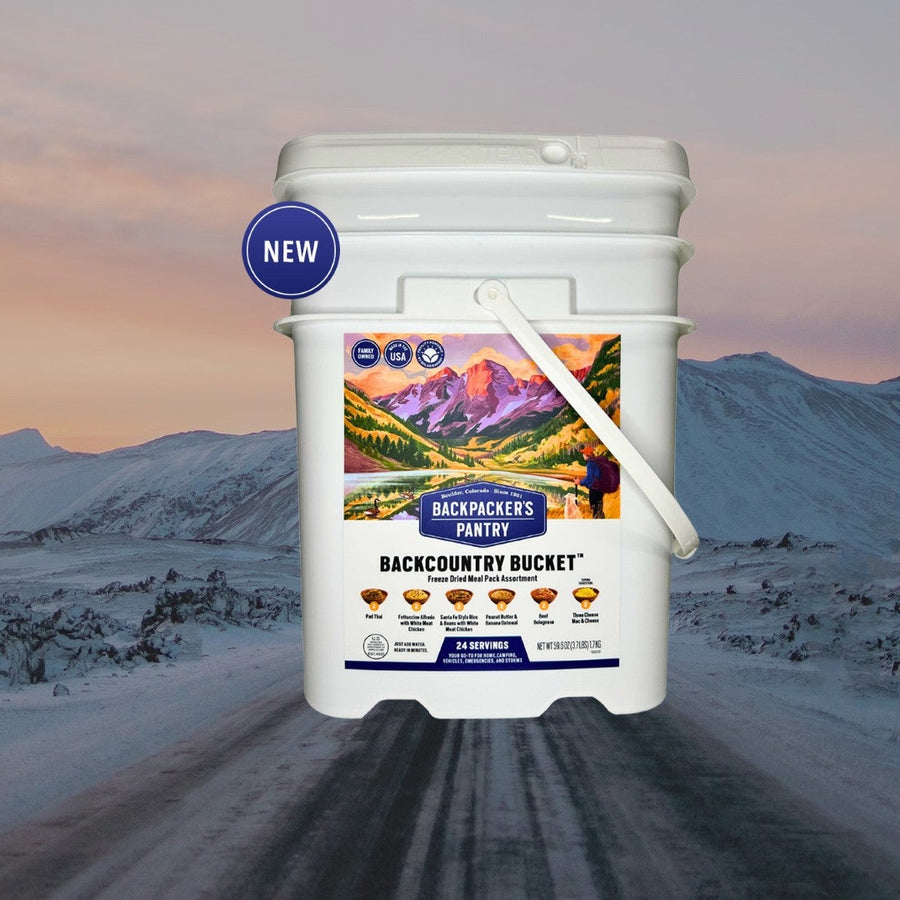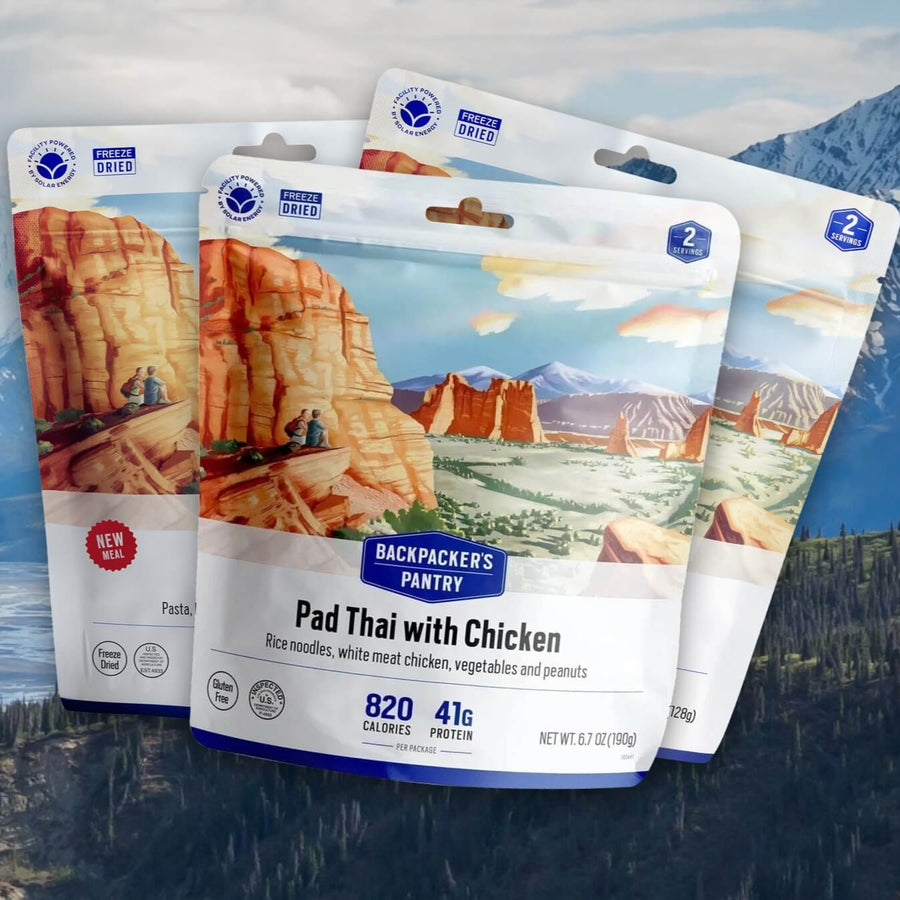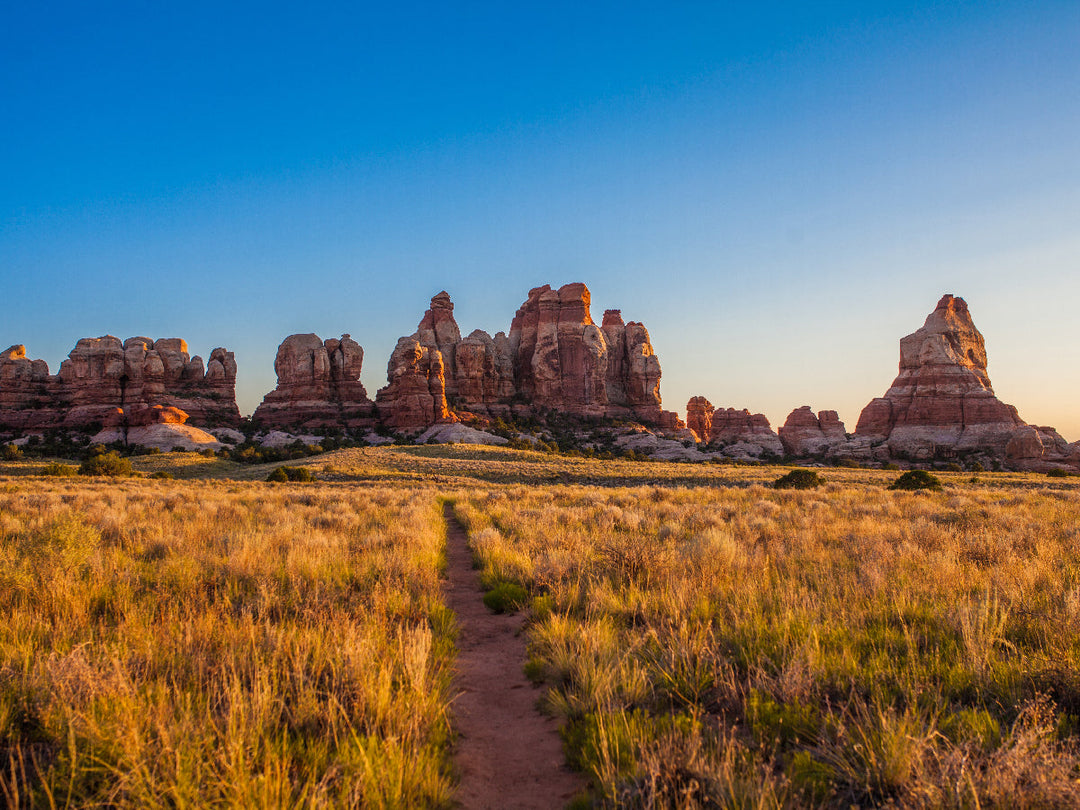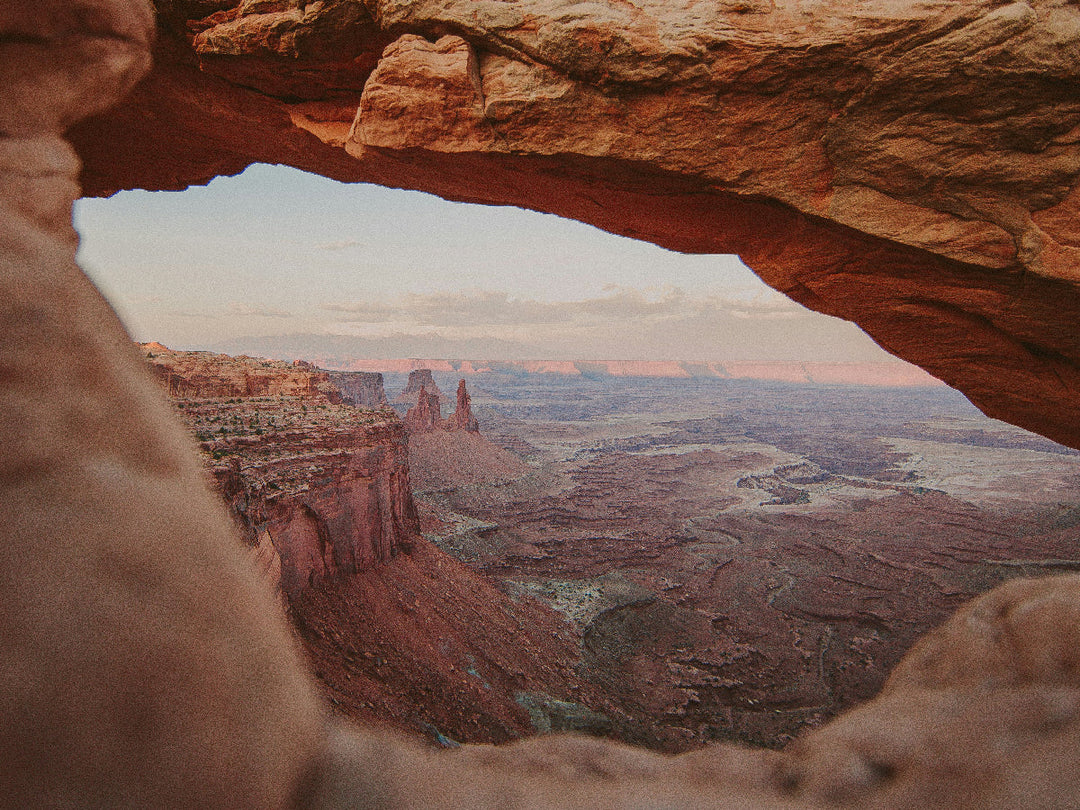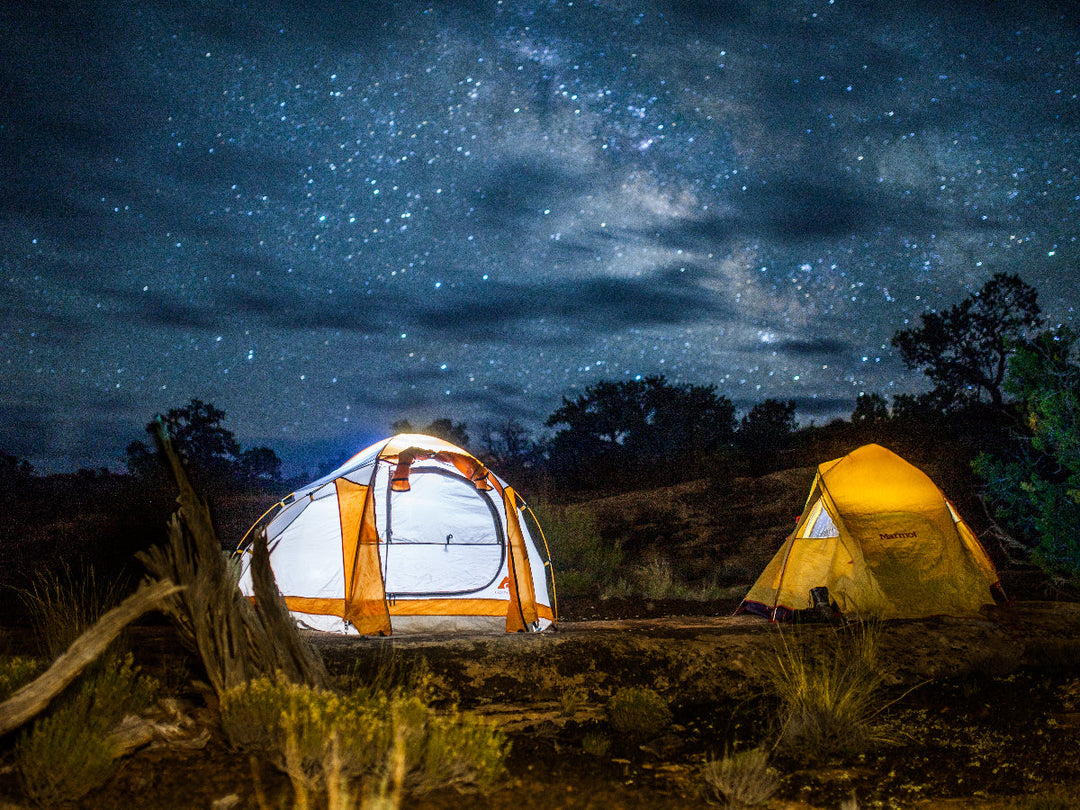5 Expert Survival Tips | Backpacker's Pantry

5 Expert Survival Tips
5 Essential Survival Skills for the Great Outdoors
Nature provides incredible opportunities for adventure and exploration. Sometimes, however, things don't always go as planned. Anytime you venture into the wilderness, you should be prepared to live without modern crutches in the event of an emergency. Here are five expert survival tips to keep you and your family safe if you get stranded in the woods.
Find suitable campgrounds. Whether you're stuck in the woods for a few hours or a few days, it's critical that you stay high and dry. Find a campsite that won't be swept away by a flash flood, and avoid natural dangers, such as insect nests, falling rocks and large branches that might come tumbling down in a windstorm. You will also want to stay close to resources, such as dry wood and running water.
Create a shelter. While most people primarily focus on food and water when they get stranded in the woods, a shelter should be your first concern. Without one, you leave yourself vulnerable to hypothermia, which can easily occur during cool spring nights, especially in wet and windy weather. You can make a simple lean-to by propping a long branch securely against a standing tree, preferably between a branch and the trunk. You can then angle smaller branches against one side and top these with varying layers of debris to insulate against the wind and cold.
Start a fire. Hopefully, you packed matches, a lighter or flint for your journey into the woods. If not, you can start a fire by short-circuiting any type of small battery. Make sure to create a nice dry tinder bundle and bring your firewood nearby. Then, connect the positive and negative battery terminals with foil, a wire or steel wool to create a spark. This is a great way to start a campfire, so you can stay warm, dry and upbeat, while you're waiting for help to arrive.
Find potable water. The wilderness plays host to purified water you can drink and tainted water that can kill you. If you have the option, it's best to boil any water from puddles ponds or streams to kill any pathogens. If you don't have access to fire, however, you can gather drinkable water by soaking up dew with a clean shirt, towel or bandana and then ringing it out in a pan. You can also consume snow and rain water, as long as you are sure it hasn't been tainted. Depending on the landscape, you can also squeeze potable water from thistles, vines and certain cacti.
Create a signal fire. Ideally, you should have told someone where you are going and when they can expect you back. If you haven't, it may take a while before help arrives. This can be especially bad news if you have an injury or are short on supplies. Fortunately, you can speed up the rescue process by creating a signal fire. First, select an open space that will maximize visibility. Create a nice platform of wood that will lift the fire off the ground and prevent moisture from saturating your fuel. While it may be difficult, try to save your most combustible materials for your signal fire, since you may not have much time to get it going. Once you have a nice, steady fire going, pile on pine boughs or other green branches to produce a thick, white smoke. This should guarantee that someone can find you if they are looking in the vicinity.
Backpacker's Pantry provides gourmet backpacking food for hikers, climbers, kayakers, bikers and all lovers of the outdoors. Browse our lightweight, nutritious food for the trail.
